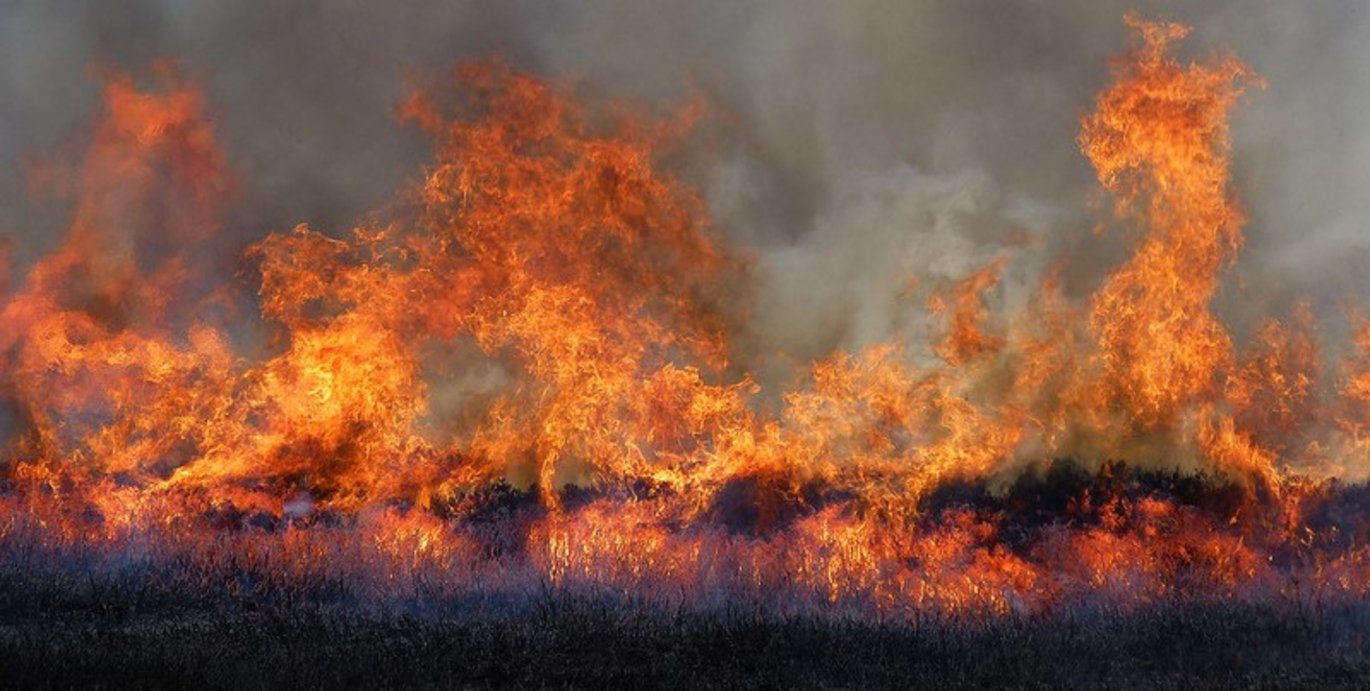Owning Natures in the Longue Durée: Land regimes of multispecies collaboration and collective ownership from prehistoric to early medieval Europe
This seminar will examine early land ownership regimes in Europe, with talks from scholars Susan Oosthuizen and Mette Løvschal.

Info about event
Time
Location
Online
In this term’s online seminar series – Owning Natures: Property, Ecology and Conservation – we’ve been thinking about the relationships between ecologies and property regimes. How do different schemes of property or use rights over land and waters shape people’s interactions with the ecosystems present? Who owns land, and what effects does this have on other people, plants, and animals? And in the face of multiple environmental crises, what kind of ownership structures might be models to work towards for a just, more livable future?
In this seminar we venture to address these questions through a look into the more distant past, with talks from two different scholars examining early land ownership regimes in Europe. In her talk, Mette Løvschal (Aarhus University) will explore anthropogenic heathlands in late prehistoric Northern Europe, while Susan Oosthuizen (University of Cambridge) will take us to a peat wetland in early medieval Britain.
Further details on the talks and biographies of the speakers are included below. To attend the seminar, please sign up here.
***
Adaptive persistence across the longue durée: territoriality, collective property economy and land management in an early medieval peat wetland – by Susan Oosthuizen
Traditions of collective pastoral husbandry in England's early medieval fenlands may offer an exemplar of a model and a method for examining the interdependencies of past social and ecological systems across the longue durée. The wetland economy was intensely focused on common property rights in a range of shared resources that belonged to the territory as a whole. These rights formed a nexus – adapting and evolving over at least one and a half millennia – for governance, economic success, social status, political identity and careful management of the landscape. Their principal objectives were short-term equitable extraction of a range of resources to provide a reasonable livelihood, and assurance of the long-term sustainability of each. This talk frames these complex inter-relationships in terms of Hollings’ conception of panarchy while bearing its limitations in mind. It argues, too, for the importance of interdisciplinarity in understanding the dynamics of relationships between past societies and the landscapes they inhabited and exploited.
Susan Oosthuizen is Emeritus Professor of Medieval Archaeology in the University of Cambridge. Her teaching and research focus on rights of common, and on the development of the English landscape between about 400 and 1300 AD. An interdisciplinary scholar, Susan has an undergraduate degree in Archaeology and History from the University of Southampton, an MA in Area Studies (Africa) from SOAS (University of London), and a PGCE in teaching history from the University of Cambridge. Her PhD on continuity and transformation in Anglo-Saxon agricultural landscapes was undertaken in the University of Cambridge Department of Geography when she was also a member of Trinity Hall, Cambridge. She is a Fellow of the Society of Antiquaries of London, of the Royal Historical Society, and of the Higher Education Academy. The author of several books and numerous papers, her most recent volume on The Emergence of the English was published by Arc Humanities Press in 2019.
***
Anthropogenic heathlands: The long-term governance of disturbance, extraction and care in late prehistoric grazing regimes – by Mette Løvschal
Anthropogenic lowland heaths build on a particularly complex and intriguing relationship between ecologies and property regimes in the (pre-) Anthropocene. Calluna heathlands emerged more than 4,000 years ago across Northern Europe, when small-scale communities began massive forest clearances and maintained the arising heathlands by grazing and regular burning. This presentation explores the multispecies collaboratives and forms of governance emerging from these landscapes thriving on disturbance, extraction and care, and looks at the kinds of human and non-human interdependencies they created, increasingly entrapping themselves in a certain heathland logic.
Mette Løvschal is an Associate Professor at the Department of Archaeology and Heritage Studies at Aarhus University and at the Moesgaard Museum. Among other threads and research projects, she is working on the long-term temporal and social dynamics and forms of organization that promote super-resilient past land-use regimes – the temporality of resilience. She is particularly interested in how collaborative, persistent institutions of common land, such as the management of heathlands, grasslands and fire-management regimes, self-organize and adapt according to changing circumstances. Mette is Principal Investigator on the European Research Council project ‘Anthropogenic Heathlands: The Social Organization of Super-Resilient Past Human Ecosystems’ (ANTHEA) 2020-2025.
***
If you would like to attend the seminar, please register in advance. All are welcome.
